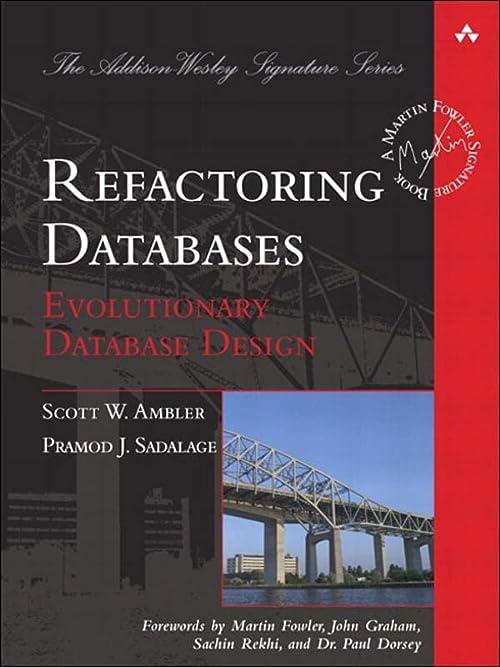Question
Given below is a Monte-Carlo (randomized) algorithm isPrime for testing primality of odd integers greater than 4. Will this algorithm ever return true for n
Given below is a Monte-Carlo (randomized) algorithm isPrime for testing primality of odd integers greater than 4. Will this algorithm ever return true for n = 15 (i.e., will it ever incorrectly report that 15 is a prime number)? For n = 15 and ALL possible values of b between 2 and 13, trace this algorithm by hand or write a program (in any language) that tests the algorithm. Also, what does this algorithm return for n = 27 and b = 18? Your homework submission must include your hand traces or your source code and output for all of the specified test cases.
isPrime(n):
// Test n for primality
b = RANDOM(2, n-2);
if (isStronglyPseudoprime(n, b))
return true;
else return false;
isStronglyPseudoprime(n, b): let s be a positive integer and let t be a positive odd integer such that n-1 = 2s * t; if ((bt 1) mod n == 0) or (there exists i such that 0 i < s and (b(2^i) * t + 1) mod n == 0) return true; else return false;
Step by Step Solution
There are 3 Steps involved in it
Step: 1

Get Instant Access to Expert-Tailored Solutions
See step-by-step solutions with expert insights and AI powered tools for academic success
Step: 2

Step: 3

Ace Your Homework with AI
Get the answers you need in no time with our AI-driven, step-by-step assistance
Get Started


